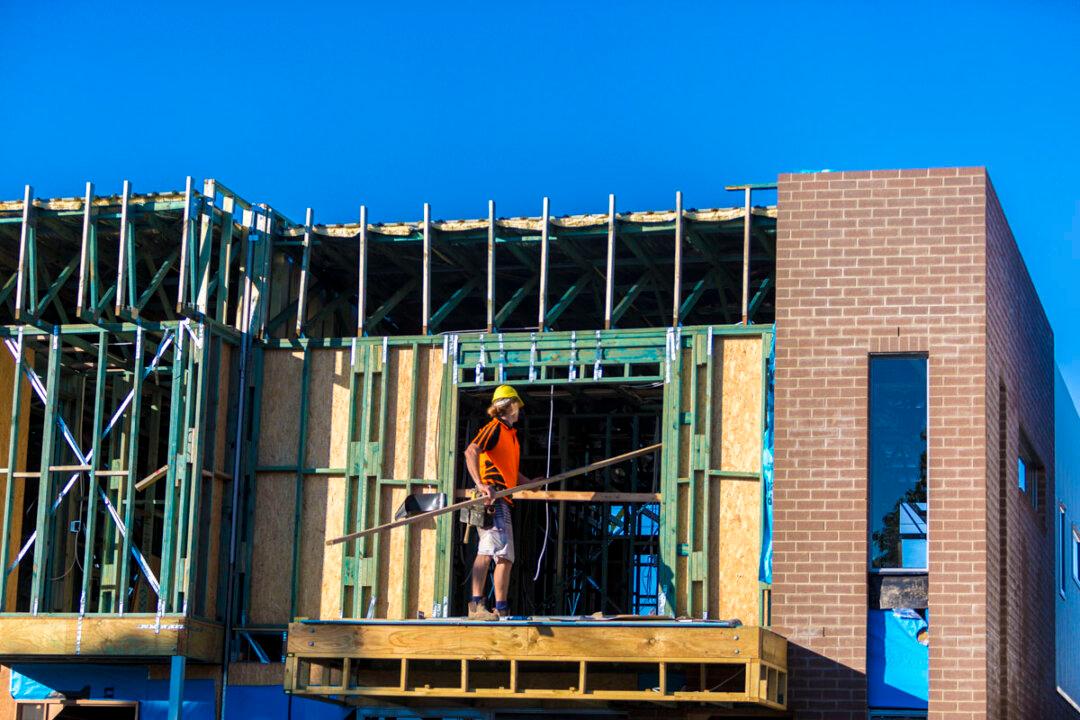A severe shortage of housing is causing businesses in the Australian state of Queensland to run with insufficient staff and shorter operating hours, according to chambers of commerce across the state.
The scant supply of accommodation has a disproportionate effect in regional areas, resulting in employers having to offer wage incentives or taking up the task of finding housing themselves.





